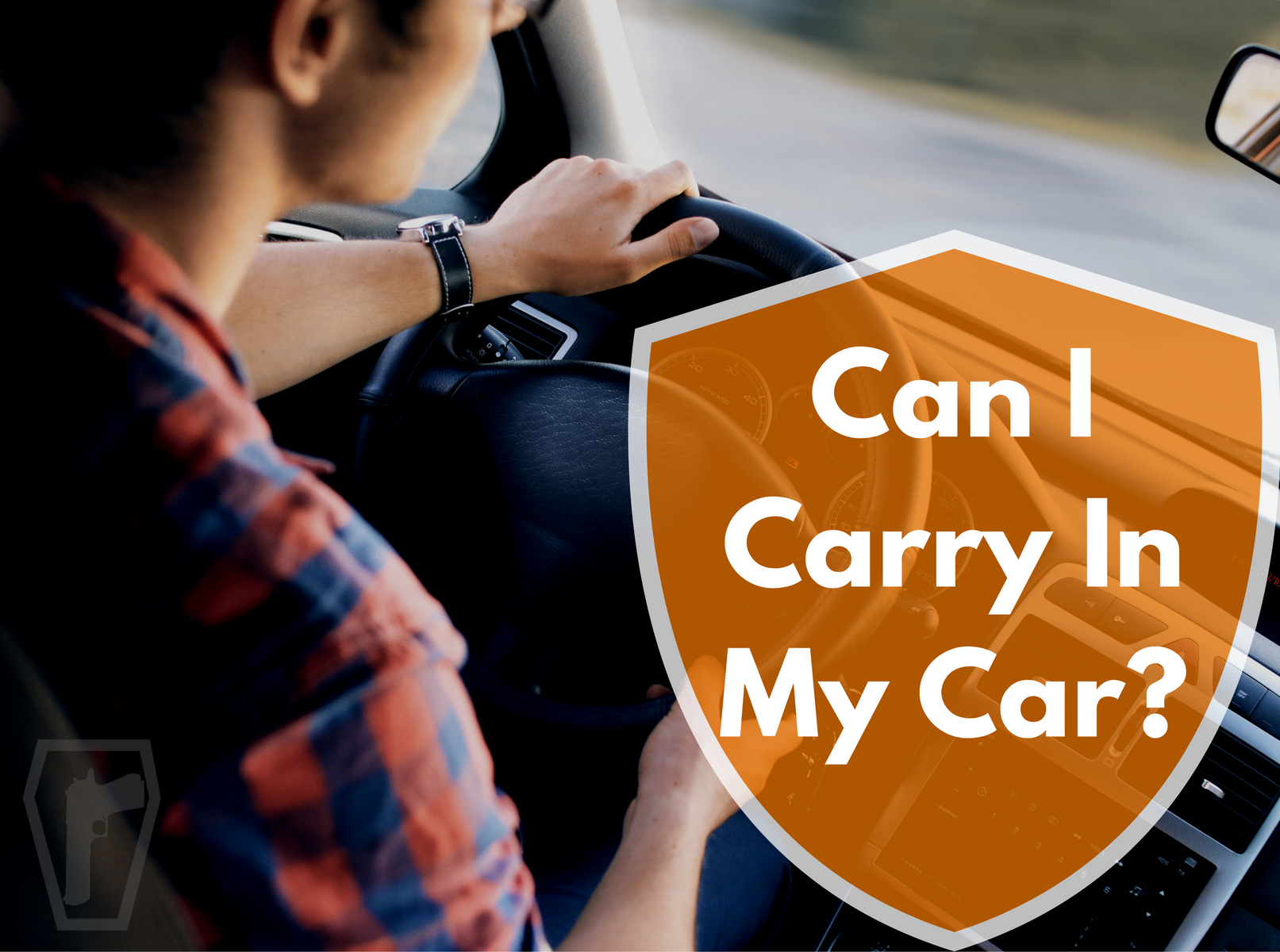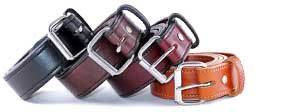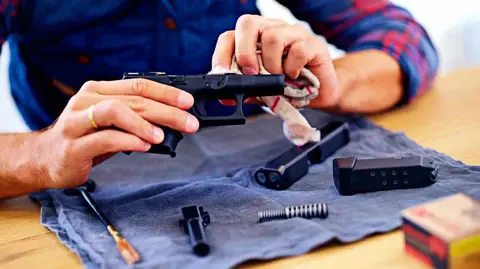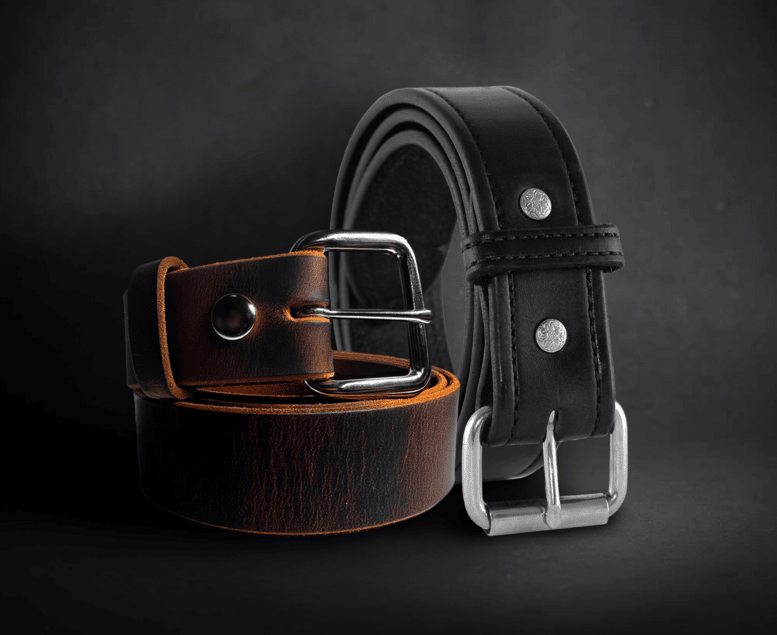Can I Carry A Gun In My Car?

Whether it is during regular travel, a long trip, or a move, transporting a firearm in a vehicle is a likely situation to come up for gun owners. This will often lead to the question, "Is it legal to carry a gun in a car?"
Laws Are Determined By Each State
The legality of carrying a gun in a vehicle as well as which type of guns can be transported is determined on a state by state basis. These laws will also determine whether or not the gun can travel in a concealed or open manner and whether or not it can be loaded or needs to remain unloaded during travel.
For example, the citizens of the State of California can carry a small firearm in their car if they possess a concealed weapons permit the gun is unloaded, and it is transported in a locked compartment such as a vehicle gun safe. Long guns may be carried openly without a permit as long as they are unloaded.
In Washington D.C., gun laws are more stringent and require that the gun is broken down and completely inaccessible in the car. The law also prevents open carry of any kind.
Can A Gun Be In The Car Without A Concealed Carry License?
It is legal to transport a firearm in a vehicle even if the operator does not have a concealed weapons permit although certain restrictions and regulations do apply. While these laws vary by state, most of the laws include requirements that the gun is securely encased and not in immediate reach of passengers.
The term "securely encased" can include a glove compartment, a vehicle gun holster, or a closed box or case such as an under seat gun safe. For a gun to be out of "immediate access", it must be stored out of the proximity of passengers where they could gain immediate and quick access to the gun.
Since the verbiage of the law and definitions are vague, to be safe, it is best to secure a concealed weapons permit if available in the state.
What Happens If The Firearm Crosses State Lines While In A Car?
When traveling or moving, it is likely that a firearm owner will have to transport their firearms in their vehicle. It is legal to carry a gun across state lines if the laws involving firearm security and inaccessibility of the states being traveled through are followed. Review all state gun transport laws for the states being traveled through to ensure proper compliance.
Is It Legal To Transport Ammunition In A Car?
Ammunition can be transported based on the laws regarding loaded or unloaded gun transport. If the state requires a firearm to be unloaded and broken down when transported, the ammunition will need to be carried in a separate case than the gun.
Can A Firearm Be Brought Into A Hotel Room When Traveling?
As long as the local area ordinances allow for firearm possession, it is legal to take a firearm from the vehicle and keep it in a hotel room as long as it is transported into the room following the gun transport laws of the state. These laws will usually indicate what type of carrying vessel the gun will need to be in as well as whether or not it needs to be broken down.
What Is The Best Way To Carry A Gun In The Car For Self Defense?
If the state allows for concealed carry and the firearm owner has a concealed carry permit, a gun may be able to be in the car for self-defense purposes. In this instance, the owner may wish to have the firearm accessible to use for self-defense if necessary. If this is the case, it is best to keep the gun where it can be accessed while still keeping it concealed from general view. The best place to carry a gun for self-defense is on oneself in a gun holster.
Unfortunately, due to car design and varying body types, carrying a firearm on the body while driving is not always ideal. Additionally, trying to retrieve a gun from a glove box or compartment quickly may be difficult or awkward, so the best option is to purchase a gun holster for the car, such as the Stoker Off-Body Holster.
Possessing a concealed carry permit and following all the state regulations for firearm transport will help to prevent any legal complications or issues in the event that the gun owner is pulled over.










